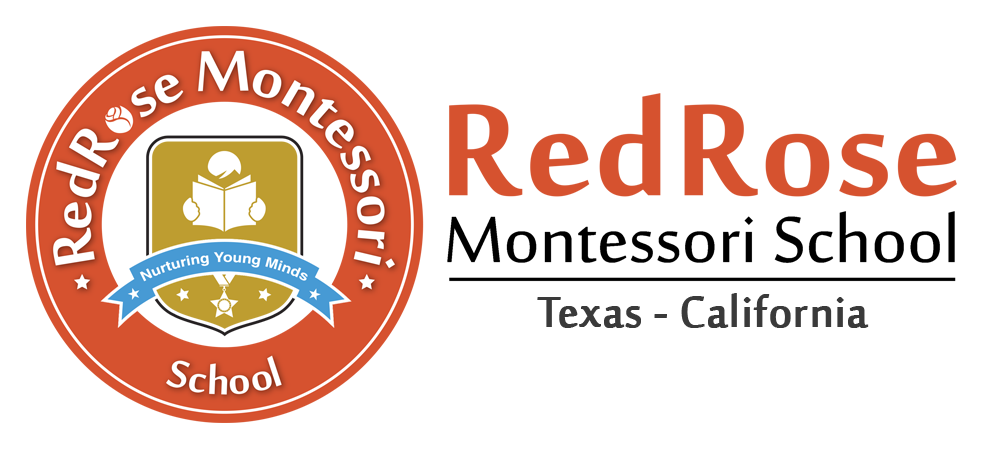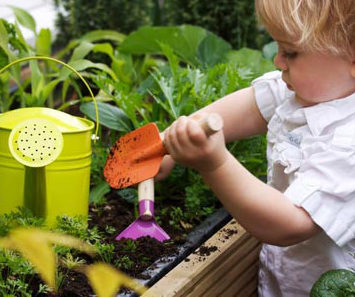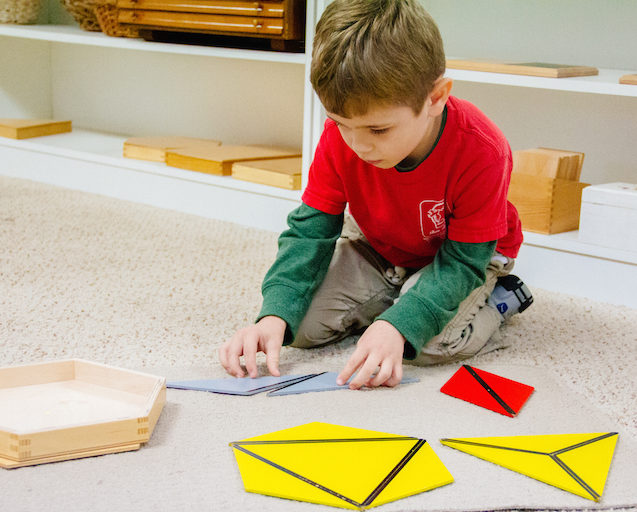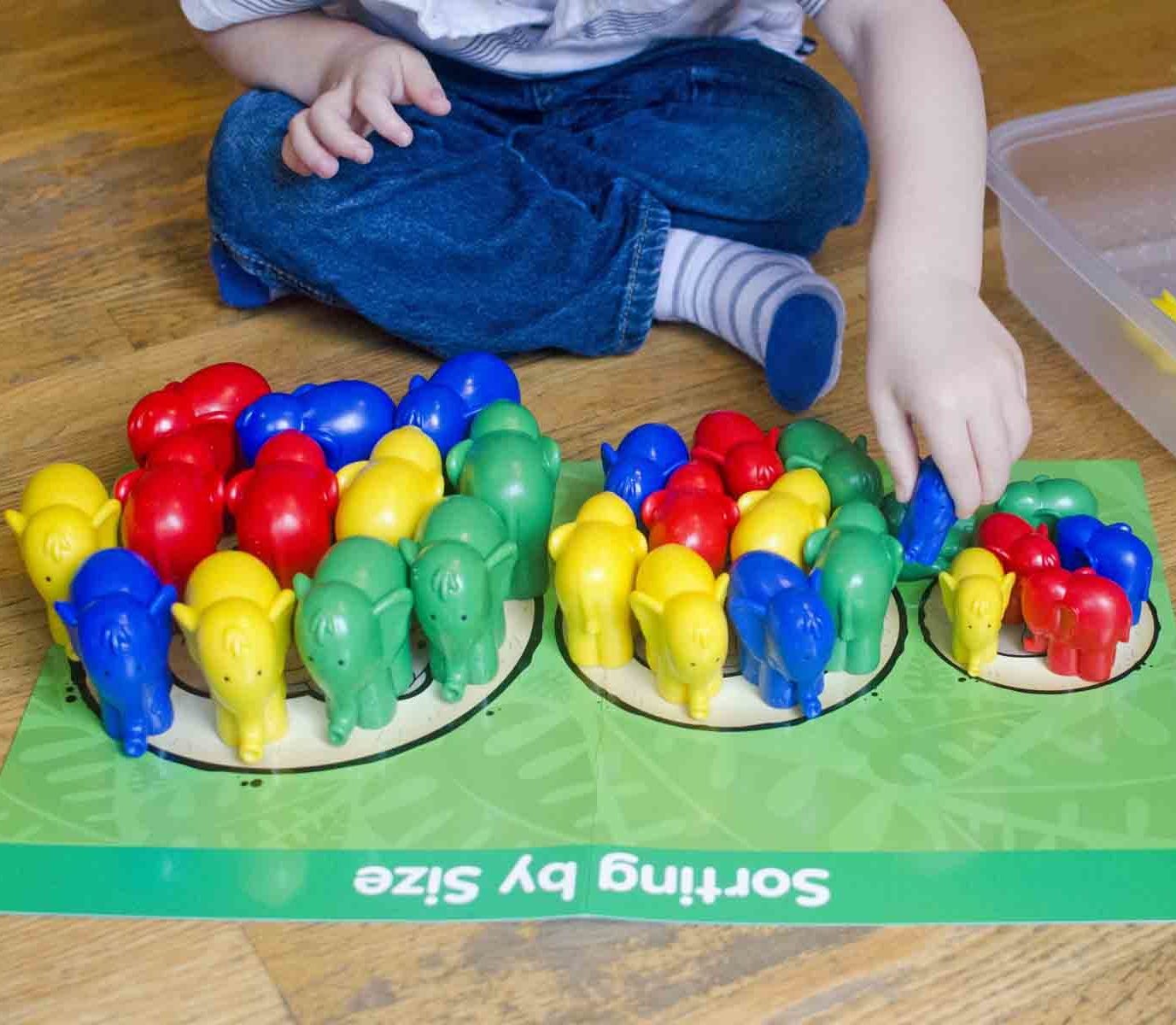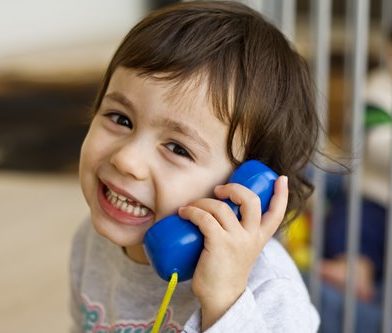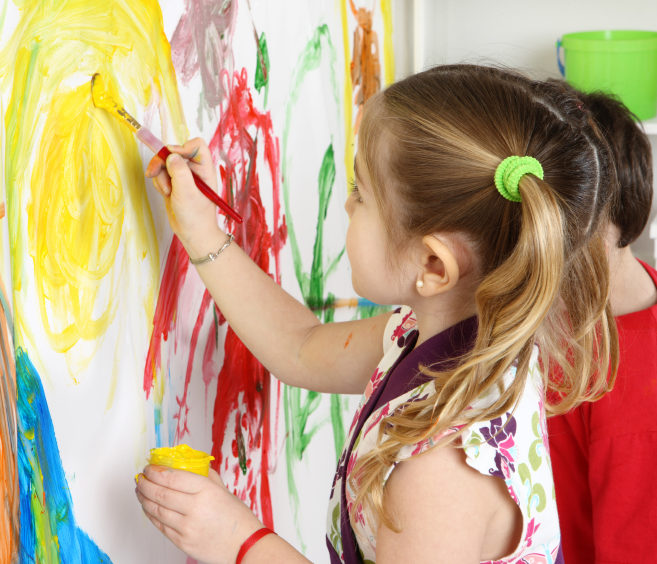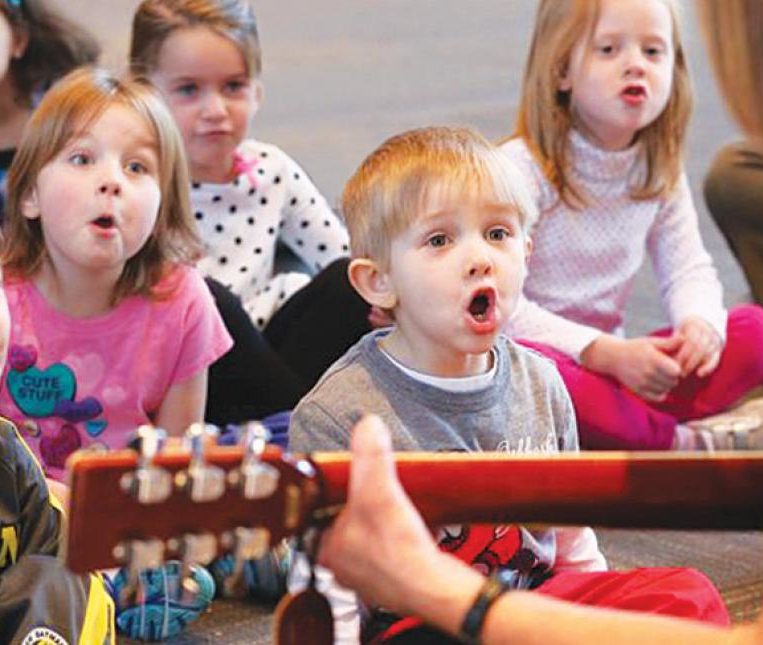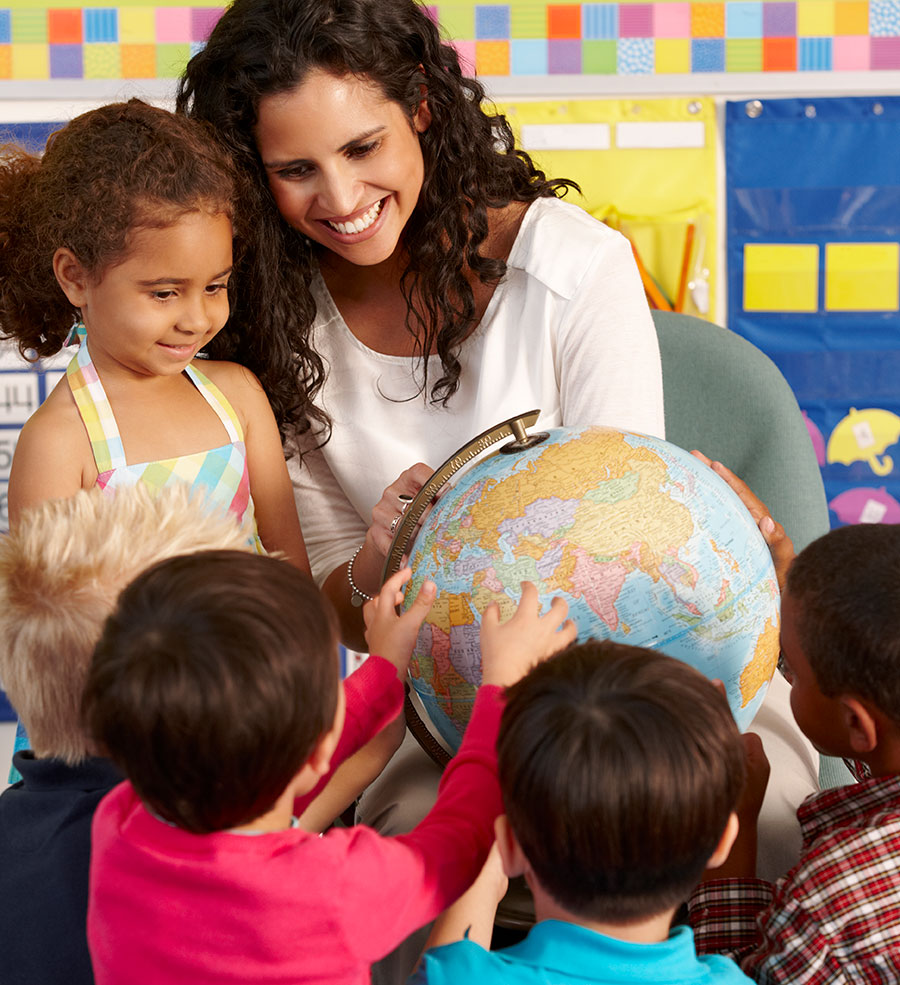RedRose Montessori is a new Montessori school in Tomball. Montessori method is developed by Maria Montessori, an Italian physician, and educator, over a century ago. She believed in the child’s individuality and independence in learning. Montessori method of education in the USA is now a well-accepted learning system among new parents.
RedRose Montessori School, located in Tomball (Texas), has programs that open creative learning opportunities for a 6-week-old infant to a 6-year-old child. Schools like RedRose Montessori School aim to provide a safe and nurturing environment for every child and play an important role in child development. The RedRose Montessori School engages the creativity of the children under their care by inducing unique activities in an independent environment. The teachers in every classroom support and guide the children at each stage of their development. This encourages the children to explore their individual strengths and interests and build confidence in their actions.
What is a Montessori School?
The Montessori education focuses on child development on all levels- physical, social, emotional and cognitive by providing a child-centered classroom. In schools like RedRose Montessori Schools, freedom within limits is encouraged within every child of a Montessori classroom, that is, the child gets to choose their activity for the day but from a list that is curated by their teacher. These teachers will act as their guide for throughout their long uninterrupted work time. The Montessori education system is based on self-directed activities, hands-on learning, and creative learning. This helps achieve maximum potential in child development. For someone who isn’t familiar with Montessori schools may find this chaotic but a visit into a Montessori classroom will change their mind.
What Is It Like Inside A Montessori Classroom?
For an outsider, the Montessori education system may seem a little out of control and not helpful in the real world. But on the contrary, the Montessori education system caters to the real world. By giving the choice of picking the activity they want to do for their 2-3 hours of uninterrupted work time encourages commitment and passion. The teachers create a list of a selection of activities that are proven to help in either physical, emotional or cognitive development. This way there is a controlled environment, but it also gives freedom to choose an activity that will install a sense of responsibility and independence to the child. Compared to a conventional school where the children are forced to follow the path their teachers have paved for them, the teachers in Montessori schools act as guides.
Unlike conventional schools, schools like RedRose Montessori Schools, have mixed-aged classrooms. This way, the younger students can learn from the elder ones, enforcing curiosity. Whereas, the elder students can help guide the younger ones, enforcing a caring personality in them. The mixed age groups in Montessori classrooms also enhance a socializing quality in the students amongst different age groups, cultures and ideologies.
Montessori schools cater to all ages from toddlers to adolescence. The Montessori education system enhances child development by encouraging intellectual independence, self- efficacy, self- confidence, and imagination. All these characteristics will foster a child who will know their place in their community, culture and the natural world.
